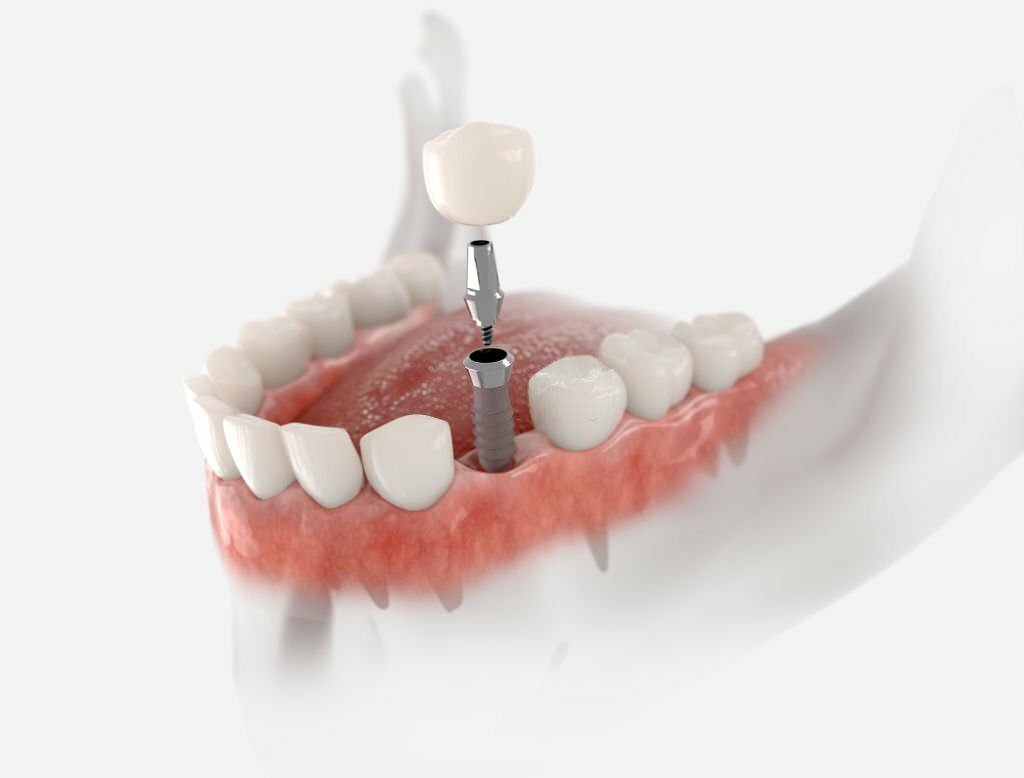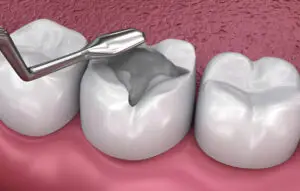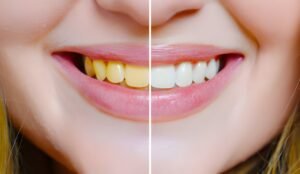In the world of dental health, there’s been a growing interest in Dental implants Treatment. These devices are remarkable. They have the potential to restore not just our smiles but also our confidence. However, like anything else, they require proper care and understanding. This ensures their long-term success. One common question that arises is, “Can you lose your gums around dental implants?” In this informative article, we will explore this question. We will explore the potential causes. We will also offer guidance on how to keep your gums healthy around dental implants.
The Basics of Gum Health
Gums play a pivotal role in our oral health. They provide the necessary support and protection for our teeth and dental implants. Understanding the importance of gum health is the first step. It helps address concerns about gum loss around dental implants.
Gum Recession Around Dental Implants.
Gum recession around dental implants is a possibility. It can occur around natural teeth too. It’s important to note that dental implants are anchored into the jawbone and gum tissue. Excessive gum recession can expose the implant and cause several complications.
Causes of Gum Recession.
Gum recession can result from various factors. These factors include:
- Periodontal Disease: Infection of the gum tissue due to oral bacteria.
- Tobacco Products: Smoking or chewing tobacco is linked to gum recession.
- Teeth Grinding (Bruxism): Excessive teeth grinding can place stress on gums and teeth.
- Poor Oral Hygiene: Aggressive brushing or inadequate oral care can damage gum tissue.
- Tooth Loss: Losing a tooth can lead to bone and gum recession due to the lack of support.
Risks and Complications for Dental Implants.
Gum recession can pose risks for dental implant patients, including:
- Exposure of Implant Metal: Receding gums can reveal the implant metal, affecting aesthetics.
- Gaps between the implant, teeth, and surrounding areas can cause discomfort. They trap food, leading to discomfort.
Candidacy for Dental Implants with Gum Recession.
Patients may wonder if they can still get dental implants if they have gum recession. In some cases, soft tissue augmentation may be an option. This procedure uses donor gum tissue or artificial grafts to rebuild the gumline. However, it extends the overall treatment time for dental implants.
Candidacy for Dental Implants with Gum Recession.
Prevention is always the best approach. Here are some practical tips to maintain gum health around dental implants:
- Proper Oral Hygiene: Gentle brushing and flossing can help prevent gum recession.
- Tobacco Cessation: Quitting smoking or chewing tobacco can reduce the risk.
- Bruxism Management: Address teeth grinding with a dentist’s guidance.
- Periodontal Disease Awareness: Recognise signs and seek timely treatment.
- Minimise Risk Factors: Maintain overall oral health to prevent gum recession.
Real-Life Stories and Patient Testimonials
It includes real-life stories and patient testimonials. We share real-life stories and patient testimonials. These examples highlight the challenges and successes experienced by individuals. They show how people maintain healthy gums and dental implants.
Also read: How Much Is All-on-4 Dental Implants in the UK?
Conclusion,
Gum recession around dental implants is a possibility. To ensure the long-term success of your dental implants, you must understand their causes, risks, and prevention methods. Embrace good oral hygiene practices, quit tobacco, and address teeth grinding. Doing these things can reduce the likelihood of gum loss around your dental implants. Staying vigilant about periodontal health is also important. Remember, a healthy smile begins with healthy gums.
Frequently Asked Questions (FAQs)
Can gum recession around dental implants be prevented?
Proper oral hygiene, quitting tobacco, and addressing risk factors can significantly reduce the risk of gum recession around dental implants.
Is soft tissue augmentation the only solution for gum recession with implants?
Soft tissue augmentation is one option, but prevention and early intervention are crucial. Consult your dentist for personalised advice.
How long does the healing process take for soft tissue augmentation?
Healing time varies, but it generally takes a few months. Your dentist will provide specific guidance based on your case.
Can dental implants be affected by gum recession even with excellent oral care?
While excellent oral care minimises the risk, factors like genetics can still play a role. Regular check-ups with your dentist are essential.
Is gum recession reversible around dental implants?
Reversing gum recession depends on its severity. Early intervention and proper care can prevent further recession. However, complete reversal may not always be possible.
For more information click here






